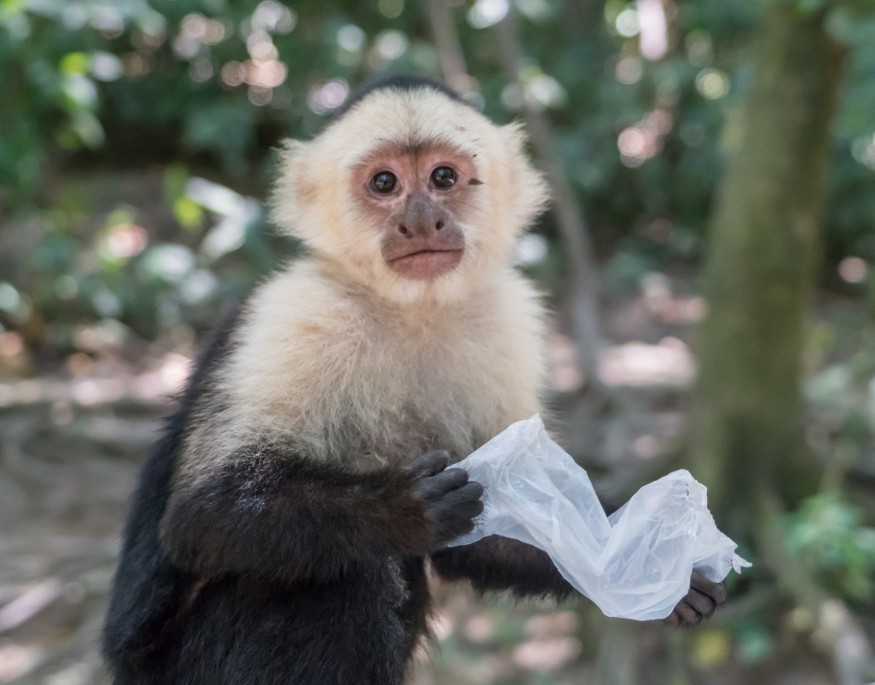
In the Origin of Species, Charles Darwin writes:
"It is not the strongest of the species that survives, not the most intelligent that survives. It is the one that is the most adaptable to change."
Well, it seems that monkeys have been shown to be more adaptable than humans. Although a Planet of the Apes scenario still looks quite far-fetched, and our position as the planet's dominant species is still undisputed, it's an interesting study that reveals a lot about the way we think and do things.
Published in Nature's Scientific Reports, the study looks at the cognitive flexibility, meaning the mental ability to adapt to new ways of doing things, of humans compared to capuchin monkeys and rhesus macaques. By using a nonverbal computer task, participants were urged to follow one set of rules, which then changed midway during the study. How well the participants adapted to this change in rules provides tremendous insight.
Participants, which comprised of 60 humans, 22 capuchin monkeys, and 7 rhesus macaques, were tested on a common cognitive flexibility experiment called the Learned Strategy–Direct Strategy (LS–DS) task.
Participants had to learn to complete tasks in a certain order (in this case, selecting the striped square, followed by the dotted square, then the triangle) called the learned strategy as a baseline test. Successfully completing the task resulted in positive auditory stimuli, with an additional banana-flavored pellet treat for monkeys.
After learning this set of rules, the probe test allowed an additional solution, which wasn't revealed to the participants, to take an easier and more efficient shortcut (selecting the triangle immediately) called the direct strategy to receive the reward faster.
What makes this study differ from other research covering cognitive flexibility is, it's an optional-switch aspect. Instead of forcing a switch of rules onto participants, this study gives them the option to explore alternatives which can differ in difficulty and/or efficiency, much like how we do it in real life.
All 29 monkeys adapted to the direct strategy quickly, compared to a measly 39% of humans. In fact, around 70% of both capuchin monkeys and rhesus macaques used the shortcut the first time it was available, compared to only 2% of humans (many only started experimenting around halfway through the probe trials).
The results of the study put capuchin monkeys and rhesus macaques at the same level as chimpanzees and baboons with regards to better mental ability to adapt to new rules compared to humans.
This study demonstrates in humans what is called a cognitive set bias, the tendency to stick to familiar learned strategies even if these are more difficult or inefficient. This inflexibility could stem from a number of different things, but the researchers propose our environment and culture have a lot to do with it.
From an early age, many of us are taught using rote learning strategies, which value memorization and rule-following over experimentation and risk-taking, which could help enforce this bias towards preferring stability over variability, even if the potential rewards are greater.
Understanding the presence of this cognitive set bias allows us to overcome it and explore new and better ways of doing things.
© 2026 ScienceTimes.com All rights reserved. Do not reproduce without permission. The window to the world of Science Times.












